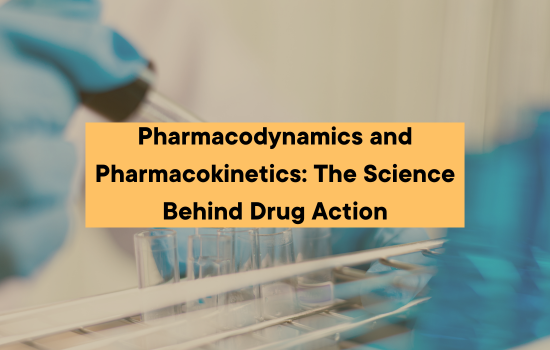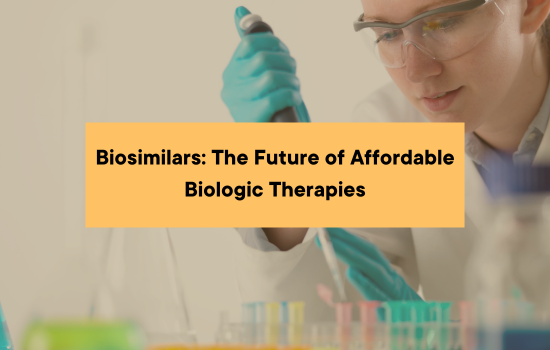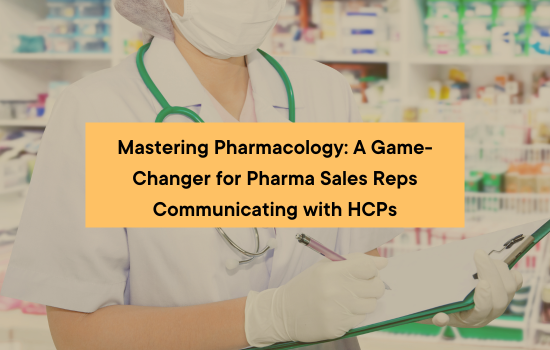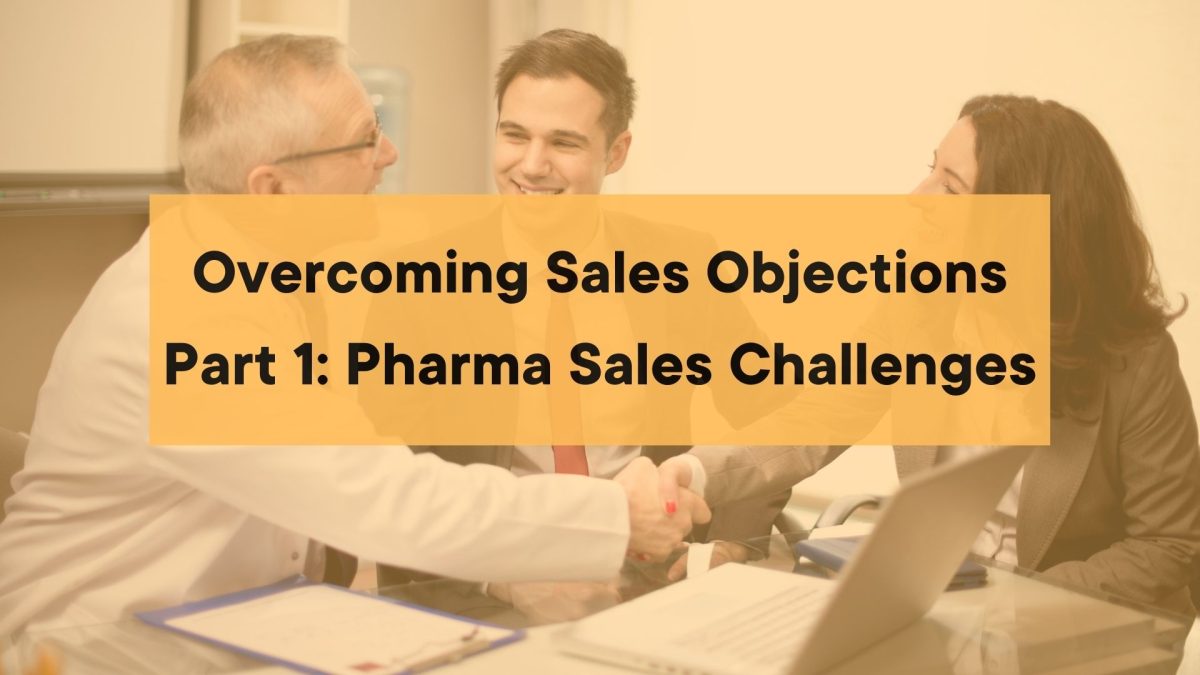The Evolution of Pharma Sales: Combining AI and Social Media to Promote Brands
Pharmaceutical businesses now have access to a whole new level of insights due to social media. Real-world intelligence is evident in the discussions taking place on social media. Social media’s position in pharmaceutical research is further cemented by people’s growing usage of it. Healthcare professionals are also catching up to the patient group, which has long been engaged on social media. According to a study by MedData Group, 38% of doctors use Instagram and LinkedIn on a weekly basis , and 72% of doctors use Facebook. Social media data has been shown to be both a motivator and a decision-maker for therapeutic leaders. It can be applied to comprehend patient difficulties and spot chances for clinical intervention. Additionally, it aids in the development of a disease-specific landscape analysis that can be utilized to develop a strategy for the launch of a drug, comprehending therapies, treatments, or pricing plans.[1]
The Challenges Pharma Sales Teams Face
Teams encounter certain challenges that reduce the efficacy of conventional approaches. The expectations of customers are evolving. Patient and healthcare professionals anticipate personalized, communication based on value. A world that craves customization has made generic sales pitches insufficient. Regulatory issues are another challenge that may be encountered by pharma sales teams. The range of promotional efforts is restricted by adherence to industry regulations. Content must follow legal and ethical requirements and be truthful, fair, and non-misleading. There are less opportunities for face-to-face interaction due to time restrictions and an increasing reliance on virtual consultations. Nowadays, a lot of healthcare professionals prefer digital updates that are timely and pertinent. One of the most difficult parts of introducing a pharmaceutical product is the regulatory environment. Every country has its own requirements for compliance, marketing policies, and approval procedures. The challenge for corporations is to maintain a consistent brand message while coordinating their launch strategy with regulatory regulations of several markets.[1]
How AI Can Transform Pharmaceutical Sales
AI can contribute to sales strategies by overcoming fragmented data silos, effectively involving patients and healthcare professionals, safeguarding market access in cost-conscious settings.
Overcoming divided data silos
Regulatory, clinical, sales, marketing, and medical affairs teams frequently collaborate during pharmaceutical launches. With their own statistics and knowledge, these teams frequently work in isolation. However, dispersed data frequently makes it more difficult to make judgments collectively, which causes delays in plan refinement or timely launch phase modifications. This issue can be prevented by combining diverse information from different teams into a single, straightforward outcome by using data unification tools and platforms. One may further evaluate the data to find connections and offer practical suggestions for improving launch plans by adding machine learning and artificial intelligence technologies. This makes it possible for decision-making to be better coordinated and guarantees that every team has complete awareness of the greater context.[2]
Effectively involving patients and healthcare professionals
Involving patients and healthcare professionals is essential to a drug’s effectiveness. While individuals appear to desire to be more educated and active in their healthcare decisions than ever before, healthcare professionals are frequently overloaded with information from various companies. Developing unique material that appeals to both audiences while abiding by legal requirements is the difficult part. Depending on their area of expertise or prior involvement, healthcare providers may receive individualized study summaries, clinical trial data, and educational materials. Integrated digital technologies, such as symptom monitors or videos that explain treatments, can help patients understand and relate to complicated medical literature. One may monitor engagement trends and update their content to better suit the requirements of both audiences by utilizing advanced analytics, which will ultimately and in a more valuable experience.[2]
Safeguarding market access in cost-conscious settings
Any biomedical launch must include pricing, particularly in regions where cost minimization is a top concern. Pricing based on value is becoming more and more important to governments and private payers, therefore pharmaceutical companies need to make it obvious that their products have both therapeutic and financial benefits. The success of a launch might be severely hindered if advantageous pricing or market access cannot be obtained. In order to do this, advise using a value-based pricing strategy that highlights the drug’s long-term cost savings and health benefits. Early on in the process, interact with consumers and estimate the possible long-term benefits your product may provide using predictive analytics. One may make a better argument for market access and guarantee that their medication is priced competitively in value-sensitive settings by working closely with payers and providing data-driven reasoning for pricing.
Social Media’s Impact on Pharmaceutical Sales
Social media becomes a huge help for identifying patient groups in rare therapeutic areas which is difficult to do traditionally. It assists with recognizing the advocacy groups which encourage patient support and the patient group where discussions occur.
Building trust
Pharma companies can establish themselves as a reliable authority by providing factual information. Healthcare professionals can both benefit from posts that highlight the most recent advancements in medicine, stories of achievement, or drug approval information. According to a survey conducted by the American Academy of Family Physicians, 32% of people base decisions about their health on information they find on social media. Social media can provide insight into the experience of caregivers or patients, highlighting the gaps in care that pharmaceutical companies can fill and the requirements of patients at various stages of a condition. Patient-centered medication development has been more popular recently, and healthcare professionals have their opinions analyzed derived from social media and using the information to conduct strategic decisions. [1]
Promoting involvement
Companies can also reach out through direct messages and the comments, resolving any issues or concerns. Social network findings at the community level are or can be used for medication research and clinical trials. This may also build a trustworthy relationship with payers.
Advertisement
Businesses utilize Youtube to showcase their operations, including events, charity endeavors, the production of medications, and other details that can make the reputation better. Pharma sales teams are able to maximize their reach and brand visibility through social networks’ dynamic ability to spread comparable types of information. Professionals in marketing and public relations accomplish this with a fairly minimal investment of effort.[3]
Real-World AI and Social Media Integration Examples
One example is a drug manufacturer for diabetes medications makes posts on Facebook for patients that are centered on healthy advice. Another example is to find cardiac specialists who could gain advantage from their new heart drug, a pharmaceutical company utilizes artificial intelligence to evaluate data. A LinkedIn advertisement with informative material about the advantages of the medication, aimed at these healthcare providers. Lastly, artificial intelligence and social media statistics work together to help marketers evaluate how successful their advertisements are. Conversion rates, engagement levels, and click-through rates are a few examples of metrics that offer useful information for ongoing development.
Conclusion
In conclusion, there are many ways to be a successful pharma sales team. For pharmaceutical executives, social media is playing an important role. It is now the cornerstone of research gained from the internet. Brand managers’ positions are being strengthened by the use of social media analytics to gain an understanding about patients, therapeutic areas, and patient care reality, as well as to adopt a patient-centric strategy. Sales teams may get past obstacles like restricted healthcare professional access and legal limitations by using artificial intelligence and social media to provide compelling individualized, and complaint communication.
References
- Kari, R. (2024). Council post: How social media analytics is Transforming Pharma Decision making. Retrieved from https://www.forbes.com/councils/forbesbusinesscouncil/2022/09/29/how-social-media-analytics-is-transforming-pharma-decision-making/
- Khan, N. (2024). Council post: 6 launch challenges biopharmaceutical companies face (and possible solutions). Retrieved from https://www.forbes.com/councils/forbesbusinesscouncil/2024/10/23/6-launch-challenges-biopharmaceutical-companies-face-and-possible-solutions/
- Syrkiewicz-Świtała, M., Romaniuk, P., & Ptak, E. (2016). Perspectives for the Use of Social Media in e-Pharmamarketing. Frontiers in pharmacology, 7, 445. https://doi.org/10.3389/fphar.2016.00445










